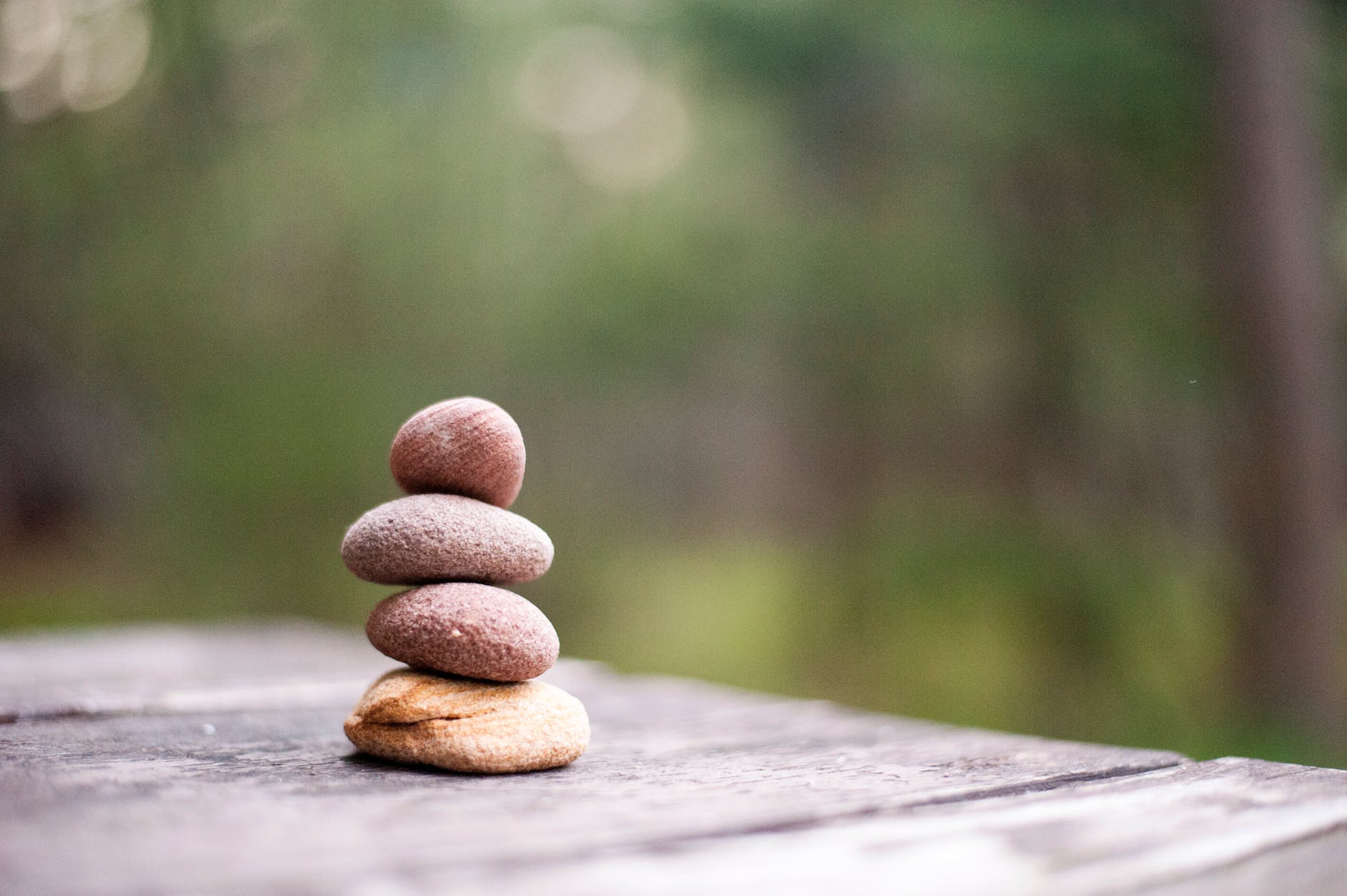Tips on how to cope with grief during lockdown
Keep in touch
We have been told to “social distance” or “self-isolate” ourselves from others, which can mean not seeing our friends or family for some time. But this doesn’t mean we can’t talk to them. Don’t wait for them to call, you can keep in touch with them by phone, text messaging and/or video calls. There are many apps that are freely available for you to download and use to have a virtual meet up.
It’s okay to grieve
You may feel guilty and hesitant in talking about your grief because it does not seem as important as what is happening with the coronavirus outbreak. It’s only natural that such an event might make you think that your grief has to take a back seat. But the thing to remember is that it’s okay to grieve because holding it in will feel worse. So carry on talking about your grief when you need to with someone you feel you can or seek support from organisations who support people with grief and bereavement.
Maintain a daily routine
With the current restrictions you may find your daily routine has been disrupted and outdoor activities that you have found helpful in managing your grief are unavailable. It is important that you maintain a daily routine, such as keeping up with normal chores as well keeping busy with a hobby.
Eating and drinking
Try to eat and drink at regular times. There is some evidence that suggests that during times of grief our immune system may be lowered and we may be more likely to become ill. So it is important that you keep up your nutrition by eating a balanced diet. It is also true that turning to cigarettes, alcohol and drugs can help some people feel less anxious for a time. But remember that some things can be addictive and lead to health problems down the road.
Have a good night’s sleep
Try and stick to the time you would normally go to bed. If you find you are having trouble sleeping at night try not to nap during the day and develop a routine that helps you relax and feel calm before you plan to go to bed. Perhaps having a warm bath, a hot drink or reading a book might help. There is some thought that the blue light emitted from mobile phones, iPads and other forms of tablets can affect sleep. If you can, avoid looking at these for at least an hour before going to bed.
Maintain wellbeing
Make sure that you take some exercise. It is important that you maintain your physical and mental wellbeing by doing what you can. There are lots of online resources for organised exercise classes but do what you feel fits your mood and ability better. This might be being in the garden or dancing to your favourite music.
Have some down time from the media
Think about the impact the news and social media is having on you. Constantly listening to the news about COVID-19 may make you feel overwhelmed and not in control of what is happening. To lessen this feeling, try and focus on the things that you can control rather than on things that you can’t. If listening to the news about the coronavirus is making you feel more anxious perhaps try and limit yourself to an update just once or twice a day.
Be kind to yourself
At the moment we are all being asked to think about the needs of those around us; to make sure our neighbours are safe and that vulnerable people are looked after. It is perfectly okay for you to want to be part of this movement and if you feel able to, please do offer your time to help. However, you may also feel under pressure to offer help. It is important for you to know that there are no expectations on you to give your time. In fact, now is the time to be kind to yourself and to do things that bring you joy and comfort and at your own pace.
Ask for help
Don’t struggle to cope on your own. There are lots of local groups offering to help people affected by COVID-19. Ask for help if you are self-isolating or shielding and need help with shopping or collecting prescriptions. Your local neighbourhood may have organised a system already set up. Organisations offering support to people who are coping with feelings of loss or sadness may have changed the kind of support they can offer, but most will still be able to offer some of their services – search online for the type of support you need. Or you can contact the Sobell House bereavement service and we can talk you through the help we can give.
